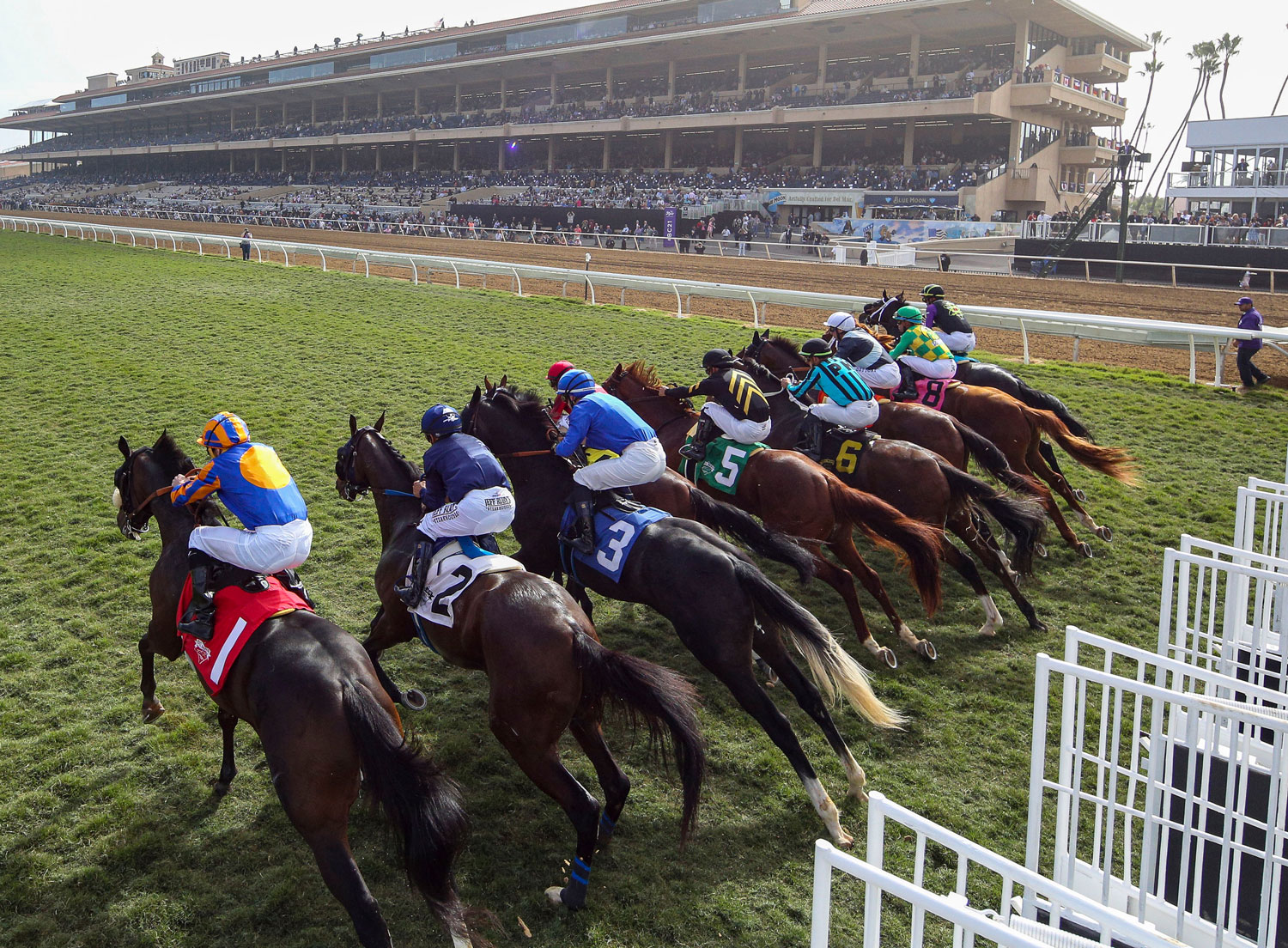In Monday Myths we debunk common misconceptions about a range of topics regarding equine digestive health and care. These are real statements made by real horse people. Have a question or topic you would like to see covered? Submit your idea here.
Statement: I’ve always heard that drastic weather changes can cause horses to colic.
Today’s myth examines the idea that temperature changes can cause horses to colic. We do frequently observe that horses are more prone to colic when the temperature suddenly drops 30 degrees in a day – or vice versa. This part is true. But is it actually the temperature change itself that puts horses at risk for this potentially deadly condition?
Negative. While a change in temperature doesn’t pose inherent risk to the horse, the changes in how the horse may be eating and drinking as a result of the fluctuation does.
There are few key changes in a horse’s behavior during swings in the weather that can increase colic risk:
- Drinking less. When the temperature suddenly drops and buckets freeze over without warning (or the water in them gets very cold), horses don’t drink as much. Dehydration can be a major factor in impaction colic.
- Eating less. A sudden heat wave or cold front can make horses uncomfortable, and they may pick at their hay instead of munching with gusto. That constant influx of fibrous food (hay or grass – not grain) is a critical component of equine digestive health. When they aren’t “grazing” enough, healthy digestive function is compromised.
- Moving less. An overheated horse is likely to move less, as is a horse who is stalled more than normal due to bad weather. Movement is an important component of gut motility – keeping food moving through the digestive tract.
- Feeding more concentrates. This one is on us – we have a tendency to increase horses’ grain rations in response to cold weather. But a diet high in concentrates can have a negative impact on the equine GI tract.
When drastic weather changes are expected, the most important thing you can do is make sure your horses are physically comfortable and that they are eating and drinking appropriately.
Temperature changes cause horses to colic = partially true. A drastic temperature change in and of itself will not cause a horse to colic, but any changes a horse makes in it’s eating, drinking, and movement patterns as a result might.



